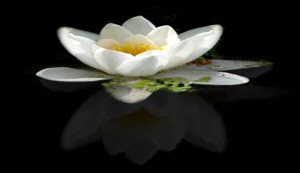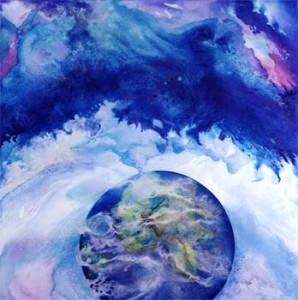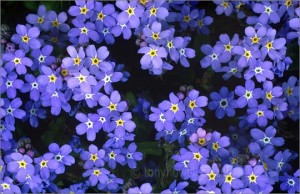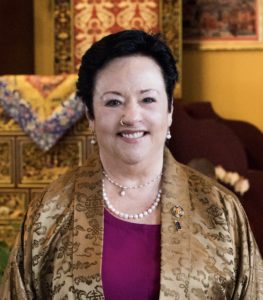
An excerpt from a teaching called The Eightfold Path by Jetsunma Ahkon Lhamo
Right speech is the first principal of ethical conduct on the Eightfold Path. And on the Eightfold Path is really based on ethical conduct. It’s one of the things that I like best about Buddhism. It isn’t based on a pie-in-the-sky idea. You have to work it. People who are recovering alcoholics will recognize that saying about the 12-step program, “It works if you work it.” Right? And the Eightfold Path is exactly like that. If you don’t work it, you’re going to go back to the narcotic of samsara. But if you do work it, you have strength and bones that you never had before. There is a similarity. I’ve often drawn that connection between the Buddha dharma and the way that self-honesty is required, and the 12-step program, especially in that we are all addicts. We are addicted to our emotions. We are addicted to our delusions. We are addicted to our visions. We are addicted to our dreams. We are all addicts. And we are just so drunk with the narcotic of samsara that it is hard to pay attention, and see what is the root of all this. We are trying to become awake so that we can see all of that, and right speech is one of the guidelines to the moral discipline of ethics.
We don’t realize that you have to do right to be right. That is certainly true on the path of Buddha dharma. The importance of speech in the Buddha dharma is central and obvious. For one thing you can cause harm with speech, and you should never do that. Right speech would be speaking well, speaking nobly, speaking higher, and not speaking against anyone or speaking harshly or cruelly, or gossiping.
Gossiping is a terrible ethical non-virtue or perversion of Buddhist ethics. And I must say it’s rampant in most religious communities and in ours too. It’s rampant. It’s not what the Buddha taught and it should not be that way. We should uphold one another with speech, rather than to tear one another down. Words can break or save lives. Think about that. Words can make enemies or friends. Start war or create peace. All by words. And you can review history to see that that’s true.
To keep away from false speech, one especially should never tell deliberate lies or speak deceitfully. Some people are storytellers, and tend to be expansive in their speech. I’ve been known to do that myself. When you tell a story, you expand it a little bit. You polish it up. Make it a little more interesting. Throw in a few hand gestures. That’s not deceitful necessarily unless you are making yourself higher. Then that would be deceitful. If you said, “I had this experience in meditation. It was so big. You’ve never had anything like it.” (And therefore, I’m big) That would be wrong speech. That would be unethical. What we really want to do is avoid telling different lies, especially those that bring us power, acknowledgement, or approval, because then we know that we are lying to someone, which is unethical, in order to bring ourselves up above them which is not right either. It ruins our right intention.
That would be called false speech and it is to be avoided. We must also abstain from slanderous speech, and should not use words maliciously against others. That’s gossip. We do it all the time. We should be very very careful with that, because one thing I’ve noticed about gossip and slander is that it comes right back to you, even in this very life. But if we develop the habit of slanderous speech, lifetime after lifetime, what happiness can come from that? We will be born into lifetimes where no matter what we do people will not think well of us. We will be causing more suffering to others and ourselves. To use words maliciously against others undermines the whole basis of the path, which is this right intention and this right view, and this consideration of the truth of the Four Noble Truths.
When we consider all of this together, we understand that malicious speech is not just a no no. It’s a killer. We should abstain from harsh words that offend or hurt others. We can see what the ethics of that would be. Like if I were to say to you, “Gee, you look kind of ugly today.” What is the point of that? Why would I need to do that? Even if it were true, why would I do that? Well, first of all I have shown that I have not accomplished right view. Right there I have shown you my buttocks. So, obviously this is not the right way to go.
We want to cultivate right intention, so we want to keep away from unethical speech that hurts or offends others. We want to abstain from idle chatter that lacks purpose or depth. Positively phrased, it means tell the truth, speak friendly, warmly and gently, and talk when you’ve got something to say. Brilliant! Only a Buddha could have thought of this. Actually it was “talk only when necessary.” I had to have a little fun there.
© Jetsunma Ahkon Lhamo







